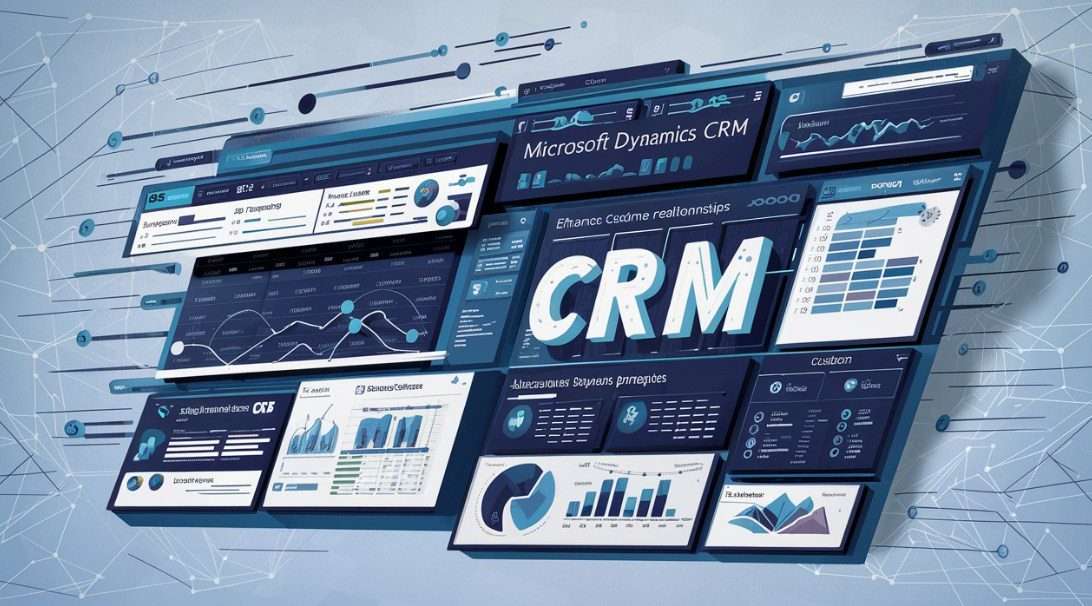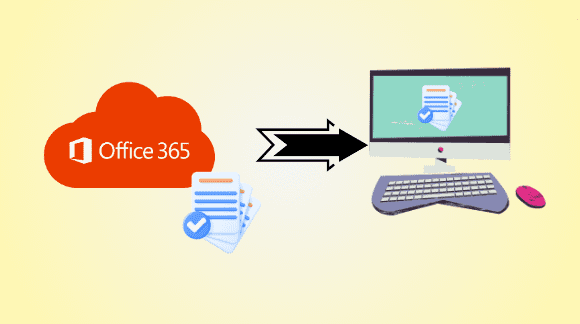Online shopping keeps getting more popular. More and more people go online to buy stuff – from clothes to food. Online stores need a good but flexible platform to build great shopping websites. The Laravel web framework helps with this. Laravel’s clean code and useful features make it easy to build modern online stores that can grow. In this article, we’ll look at how Laravel can improve your e-commerce site. We’ll see how Laravel’s simple syntax helps developers build complex sites fast. And how its big community can help fix problems quickly. Let’s check out how this framework can boost your online store!
Benefits of Using Laravel for E-commerce
Laravel is a great choice for building feature-rich, scalable e-commerce sites. The framework offers many advantages that make e-commerce development easier and faster.
- Easy to learn syntax – Laravel uses simple, expressive syntax that is easy for Laravel developers Team to read and write. This shortens the learning curve allowing developers to be productive faster. The clean code architecture also makes sites easy to maintain.
- Highly flexible and extensible – Laravel has an open-ended architecture that gives developers freedom to build any feature they want. There are also many plugins available to add advanced e-commerce functionality like payment gateways, shipping and inventory management.
- Robust security – Laravel provides powerful protection against SQL injection, cross-site scripting and other vulnerabilities. Security tools like encryption and authentication help secure sensitive customer data like cards and personal info.
- High performance – Laravel uses caching, load balancing and other optimizations to deliver blazing fast performance. This provides a smooth shopping experience even during high traffic like holidays or sales.
- Vibrant community support – Laravel has thorough documentation, forums, blogs and other resources. Developers can quickly find solutions to any programming issue they are facing with e-commerce site builds.
Also Read: 6 Marketing Strategies That Apply to Almost Every Business
Building an Online Store with Laravel
Laravel is an excellent framework for building feature-rich e-commerce websites. Its simple syntax makes Laravel easy to learn so developers can build online stores quickly. Laravel is also flexible and scalable which allows you to add your favorite web features. In short, Laravel has everything you need to start an e-commerce business.
1. Planning and Design:
- Begin with a well-thought-out plan that outlines your online store’s goals, target audience, and product offerings.
- Create a user-friendly and visually appealing design to provide an engaging shopping experience for your customers.
2. Setting Up Laravel:
- Install Laravel using Composer, a PHP package manager, on your web server.
- Configure Laravel by setting up your database, environment variables, and basic application settings.
3. Database Configuration:
- Utilize Laravel’s built-in Eloquent ORM to interact with your database, making it easier to manage product listings, customer information, and orders.
- Implement database migrations and seeders to populate your database with essential data.
4. Developing Features:
- Build essential features such as user authentication, product catalog, shopping cart, and payment processing using Laravel’s powerful tools and libraries.
- Utilize Laravel’s Blade templating engine to create dynamic and responsive web pages for your online store.
5. Security and Performance:
- Implement security measures, including data validation, authentication, and authorization to protect your online store and customer data.
- Optimize your online store’s performance by using Laravel’s caching and queuing systems to reduce load times and ensure smooth operation.
6. Testing and Quality Assurance:
- Conduct rigorous testing to identify and address any bugs or issues in your online store.
- Perform user acceptance testing to ensure that the website meets the needs and expectations of your target audience.
7. Deployment:
- Choose a web hosting provider that meets your online store’s needs and deploy your Laravel application.
- Configure server settings, domain names, and SSL certificates to ensure a secure and stable online presence.
8. Ongoing Maintenance:
- Regularly update Laravel and its dependencies to benefit from the latest features and security patches.
- Continuously monitor and improve the performance and security of your online store.
By following the steps outlined and using Laravel’s features, you can make a strong online store. Your site will have a smooth shopping experience for customers. It will also simplify managing your e-commerce business. Laravel makes it easy to add advanced capabilities. This helps you handle payments, orders, inventory and more. With Laravel’s simple yet powerful tools, you can focus on growing your business instead of complex coding. Your robust Laravel site will provide great value to customers while streamlining store operations.
Case Studies of Successful Laravel E-commerce Sites
Many popular online stores use Laravel to build their websites. Laravel works great for all types of e-commerce businesses. In this section, we will look at 7 real examples of successful stores made with Laravel. These examples show how different sites use Laravel for things like inventory, payments, and good customer experience. The case studies show that Laravel powers big and small e-commerce sites.
1. AvoRed: Transforming E-commerce with Laravel Spark
AvoRed, a Canadian e-commerce company, harnessed the power of Laravel Spark to create a thriving online marketplace. This Laravel-powered SaaS platform empowered vendors to effortlessly list and sell their products. The result? A robust ecosystem where small and medium-sized businesses flourish, showcasing Laravel’s ability to build scalable e-commerce solutions.
2. Lyst: Speed and Scalability in Fashion E-commerce
Lyst, a global fashion e-commerce platform, turned to Laravel to improve website performance and scalability. Migrating to Laravel resulted in faster page loading times and a seamless shopping experience for users. Laravel’s capabilities allowed Lyst to effectively manage their extensive product catalog and provide personalized shopping, exemplifying its support for large-scale e-commerce operations.
3. Pact Coffee: Brewing Success with Laravel
Pact Coffee, a UK-based artisanal coffee company, chose Laravel to revamp their online store. With Laravel’s assistance, they developed an efficient subscription-based coffee delivery service. The framework enabled Pact Coffee to manage subscription plans, process payments securely, and provide a user-friendly experience, demonstrating Laravel’s adaptability to niche markets.
4. Taylor & Hart: Crafting Custom Jewelry with Laravel
Taylor & Hart, a custom engagement ring retailer, selected Laravel to build their e-commerce platform. Leveraging Laravel’s customization features, they empowered customers to design their own rings online. The user-friendly interface, combined with Laravel’s robust back-end capabilities, ensured customers could create and order personalized jewelry, showcasing Laravel’s enhancement of the customer experience for luxury brands.
5. Pets at Home: Laravel for a Pet-loving Audience
Pets at Home, a leading pet supplies retailer in the UK, embraced Laravel to overhaul their e-commerce site. Laravel’s flexibility allowed them to cater to the specific needs of pet owners, offering a seamless shopping experience and a comprehensive product catalog. The result was a user-friendly website that resonated with their pet-loving audience.
6. Ticketmaster: Laravel for Ticket Sales at Scale
Ticketmaster, a global leader in ticket sales and distribution, employed Laravel to manage their vast inventory of event tickets. Laravel’s capabilities in managing complex ticketing systems, processing payments, and ensuring high availability made it an ideal choice for a high-traffic e-commerce platform like Ticketmaster.
7. Jane.com: Laravel-Powered Deals and Discounts
Jane.com, an online boutique marketplace specializing in daily deals and discounts, harnessed Laravel’s capabilities to manage a constantly changing inventory and provide personalized shopping experiences. Laravel’s flexibility allowed Jane.com to adapt to the dynamic world of flash sales and e-commerce, leading to significant success.
These case studies underscore the versatility and effectiveness of Laravel in powering diverse and successful e-commerce websites. Whether it’s a subscription service, a global fashion marketplace, a niche artisanal product, or a high-end luxury retailer, Laravel offers the tools needed to create efficient, secure, and user-friendly e-commerce solutions.
Conclusion
In conclusion, Laravel is great for online stores. It makes sites very fast and secure. Customers can shop without worries. Laravel is easy to use. You don’t need to be a tech expert to make a great store. With Laravel, your e-commerce site can be fantastic. If you want your business to succeed, choose Laravel. It will help your online store grow and thrive!










